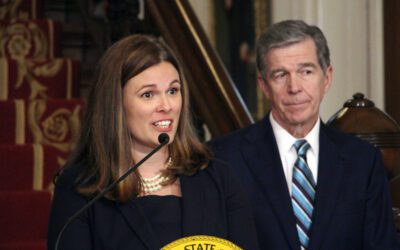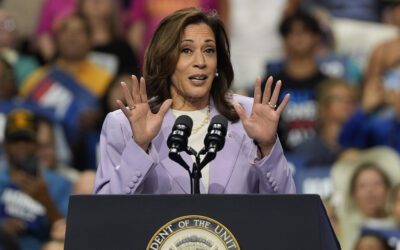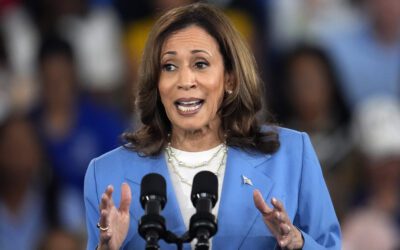
Photo: Getty Images
Young people hold tremendous voting power. This past year, Gen Z included 41 million potential voters. In battleground states, young voter turnout was near historic highs. They are ideologically independent and racially diverse, and it is precisely because of their potential influence at the polls that many voter suppression efforts are designed to confuse students and often prevent them from casting their votes, from misinformation about whether they can vote in the state where they attend college, to restrictions on early voting, to the closures of campus polling locations, and strict voter ID laws that prohibit the use of otherwise secure student IDs.
Yet the very fact that a near-record number of young people participated in the most recent election is proof positive that young people need and deserve investment in their civic education, which translates directly into the overall strength of our democracy.
The 2024 election saw historic shifts in how Gen Z turned out to vote. Early in the election cycle, Vote.org reported record-breaking engagement among young voters, with a 51% surge in voter sign-ups amongst 18-year-olds on National Voter Registration Day. This statistic reflects how quickly young people can organize, act, and position themselves to participate in federal, state and local elections when they have the necessary tools and information available to them.
A vibrant democracy requires an informed and engaged citizenry committed to the common good and aware of how our democracy works. To achieve that goal, civic learning needs to be an integral part of every level of our education system.
Importantly, a number of colleges and universities, most of which have as their mission to educate the next generation of citizens, are taking action to foster civic engagement among students and should be celebrated for their commitment to civic education and democracy.
Colleges and universities play a critical role in ensuring that students are equipped with the tools needed to be active participants in our democracy. And young people—in fact—are eager to participate. Students have been at the forefront of history’s major movements for social and political change, from sitting in at lunch counters demanding equal rights and organizing voter registration drives under Jim Crow, to demanding the right for 18-year-olds to vote.
More than a decade ago, my organization created the Campus Vote Project in partnership with educational institutions to provide students with the essential non-partisan information they need to register to vote and cast a counted ballot. In 2023, we awarded 262 campuses the designation of Voter Friendly Campus in recognition of their 2022 efforts in this area. This year, 335 campuses submitted plans to create voter friendly campus infrastructure; and 272 are being awarded the Voter Friendly Campus designation, representing schools from 39 different states (including D.C.), 13 historically Black colleges, and 47 community colleges.
Last year saw a new set of challenges, much like those encountered during the pandemic. In addition to heightened voter suppression efforts, Hurricanes Helene and Milton caused devastating damage in North Carolina and Florida, displacing and destabilizing the lives of millions of people in the Southeast. Appalachian State University is one example of a school that rose to meet the moment.
Students organized, shared updated voter registration information among fellow students, staff, and community members displaced by the hurricane, and hosted an early voting celebration event that was attended by more than 400 people. In the face of disaster, these efforts to involve young people in the democratic process—led by young people themselves—should be recognized and encouraged.
Fundamentally, we should want more young people involved in our democracy, and it is clear that our work extends beyond any single election cycle. Safeguarding our democracy means supporting schools with resources needed to make it easy for students to be civically engaged.
We should be proud of active and informed young voters and insist that educational institutions not only embrace student activism and organizing, but encourage participation in elections. There is no question that our country and communities will be stronger and more inclusive if we bring the next generation of voters more fully into our democracy.

Opinion: N.C. can’t let sore loser candidates undermine our democracy
This column is syndicated by Beacon Media and is available to republish for free on all platforms under Beacon Media’s guidelines. A few months...

NC’s Republican-controlled elections board fired an award-winning, non-partisan director. Read her forceful goodbye.
Republicans fired Karen Brinson Bell then tried to prevent her from thanking elections staff. When she began to speak anyway, Republican members...
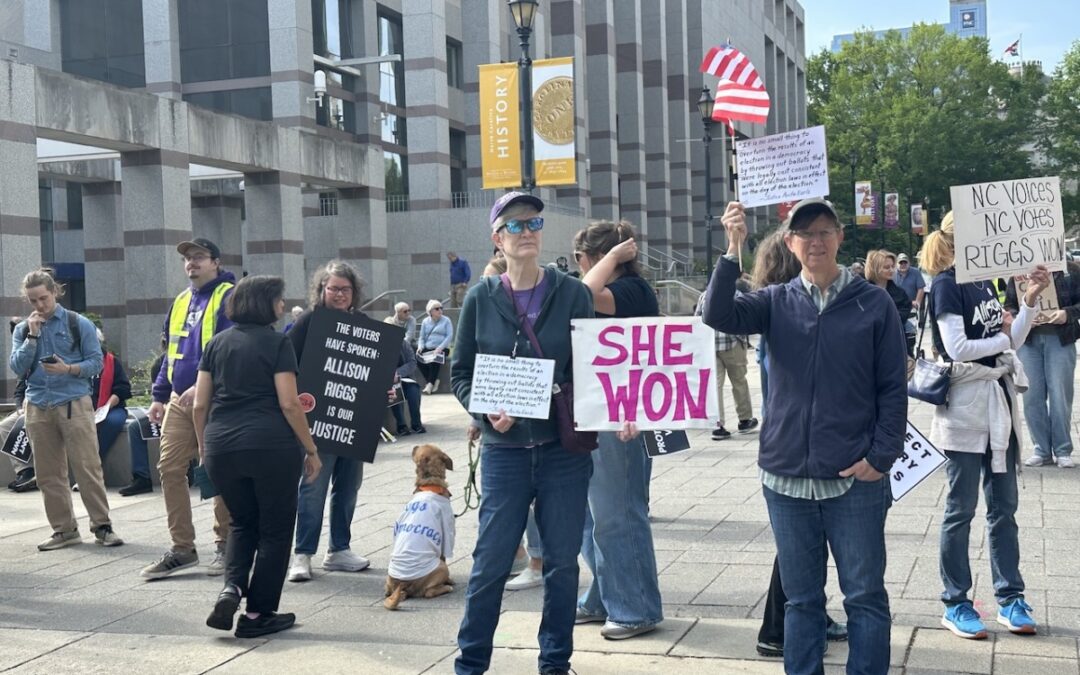
Six months after he lost, Jefferson Griffin concedes to Allison Riggs
While Griffin’s effort to steal last year’s NC Supreme Court election was thwarted, it opened a door to a reality where partisan courts could try to...
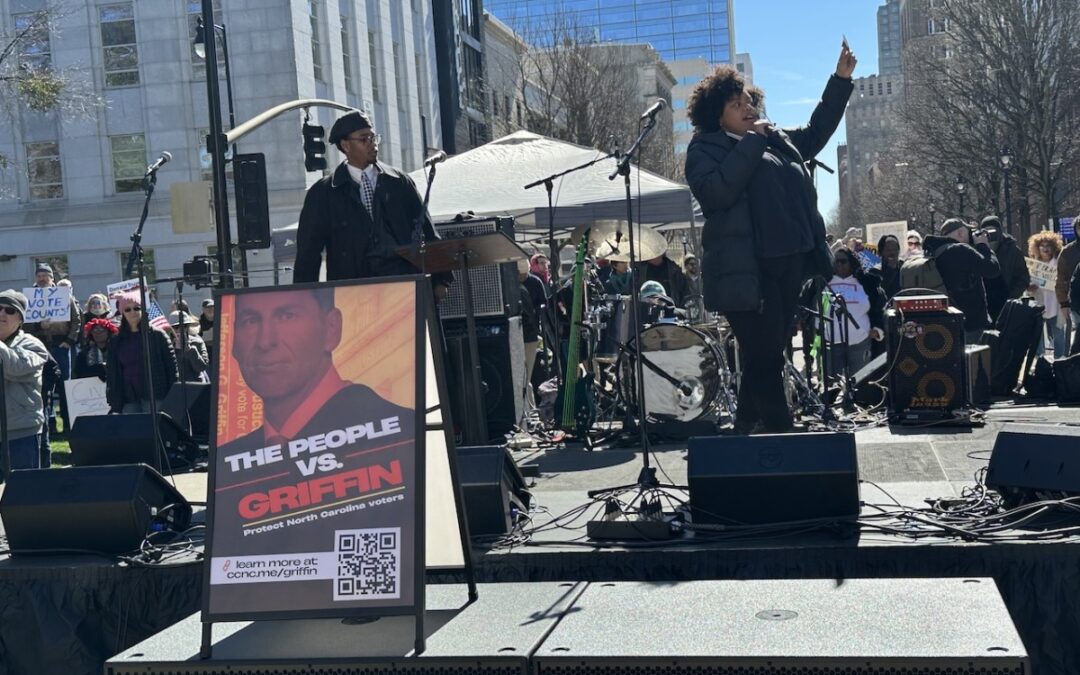
Federal judge issues scathing rebuke of Jefferson Griffin’s attempt to steal an election
US District Judge Richard Myers, a Trump appointee, rejected Griffin’s effort in a restrained, thorough ruling. But it was far from gentle. A...




